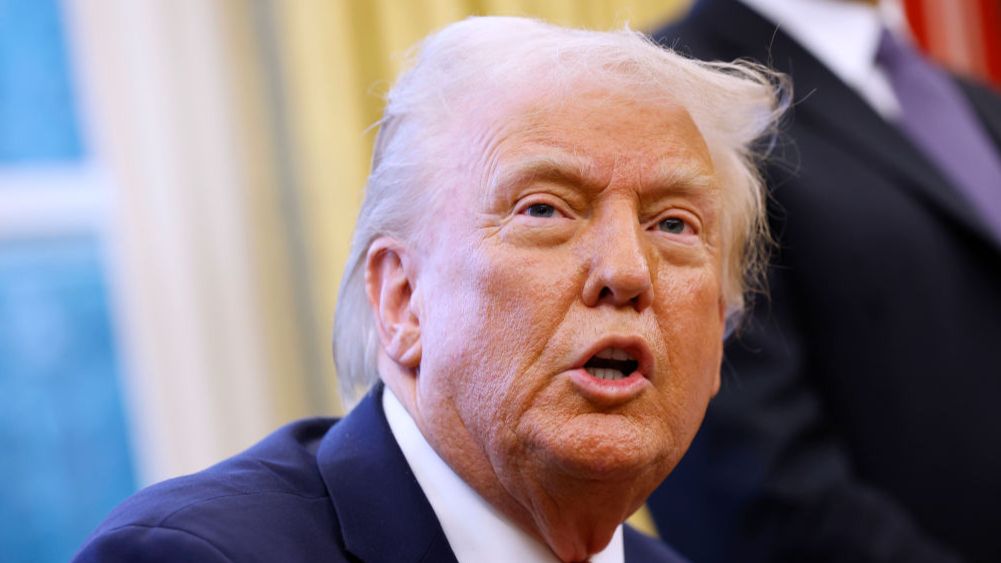Former President Donald Trump has reversed course on escalating trade tensions with Mexico and Canada, moving to de-escalate a potential economic conflict that could have disrupted key industries and supply chains. The move follows weeks of heightened rhetoric over tariffs, cross-border trade imbalances, and broader geopolitical considerations.
Background of the Trade Dispute
The tensions stemmed from Trump’s push to renegotiate trade agreements, particularly the United States-Mexico-Canada Agreement (USMCA), which replaced NAFTA. Earlier in his administration, Trump imposed tariffs on steel and aluminum imports from Canada and Mexico, citing national security concerns. Mexico and Canada responded with retaliatory tariffs, affecting American agricultural exports and manufacturing sectors.
The latest dispute emerged as Trump considered reinstating or expanding tariffs on various imports from both nations, arguing that Mexico was not doing enough to curb illegal immigration and drug trafficking across the U.S. border. Canada, on the other hand, faced scrutiny over dairy and energy trade policies. Economic analysts warned that a full-scale trade war would negatively impact key industries, increase consumer prices, and potentially lead to job losses in the U.S.
Trump’s Decision to Step Back
Faced with growing opposition from business leaders, lawmakers, and trade experts, Trump sought a diplomatic resolution rather than further escalating tensions. The administration engaged in high-level discussions with Mexican and Canadian officials, ultimately deciding to ease tariff threats and prioritize negotiations. Reports suggest that U.S. companies heavily reliant on cross-border supply chains played a major role in pressuring the administration to seek alternative solutions.
Additionally, a trade war with Mexico and Canada would have impacted key battleground states in the upcoming elections. With both countries among the largest trading partners of the U.S., any further economic strain could have affected farmers, automakers, and retail industries, influencing voter sentiment.
Market and Business Reactions
Following Trump’s shift in stance, stock markets responded positively, with key industries such as agriculture, automotive, and manufacturing seeing an uptick in investor confidence. Business leaders welcomed the move, citing the importance of stability in trade relations. Mexico and Canada also expressed cautious optimism, emphasizing their commitment to maintaining a strong North American trade partnership.
While the decision to pull back from a trade war has alleviated immediate concerns, experts warn that U.S. trade policy under Trump remains unpredictable. Future negotiations could still see tensions flare up, especially as economic policies evolve in response to domestic and international pressures.
From Our Editorial Team
Our Editorial team comprises of over 15 highly motivated bunch of individuals, who work tirelessly to get the most sought after curated content for our subscribers.


